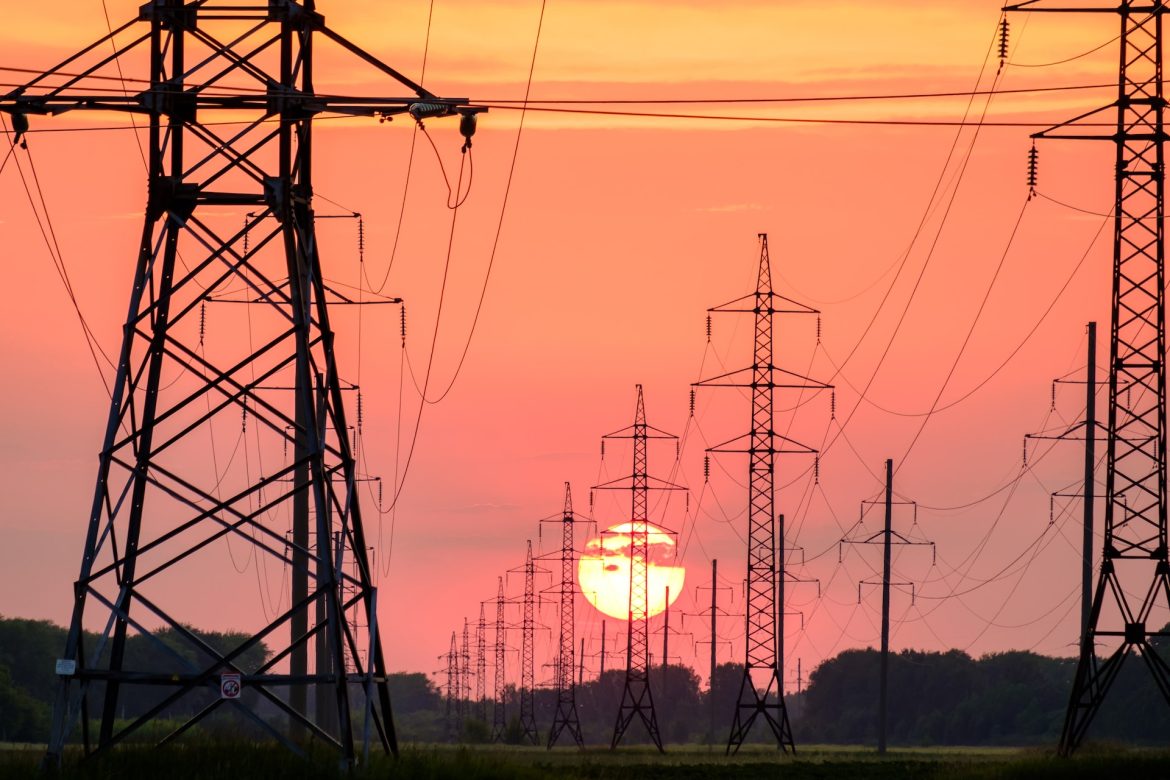Uganda is gearing up to start producing oil by 2025, but the ambitious plan faces many challenges and controversies. The country has discovered about 6.5 billion barrels of crude oil reserves under Lake Albert, a biodiverse region in the Rift Valley. However, extracting and transporting the oil will require massive investments and infrastructure, as well as environmental and social impacts.
The Ugandan government has signed a $10 billion deal with China National Offshore Oil Corporation (CNOOC) and France’s TotalEnergies to develop the oil fields and build a 1,400-kilometer pipeline to the port of Tanga in Tanzania. The pipeline, which will be the longest heated crude oil pipeline in the world, has been opposed by rights activists and environmental groups who fear it will damage the ecosystems and communities along its route.
The project has also raised questions about the economic viability and sustainability of Uganda’s oil ambitions, especially as the world shifts to cleaner and renewable energy sources. Some analysts have argued that Uganda may be too late to the oil boom and may not get a fair return on its investment. Others have warned that the oil revenues may fuel corruption and conflict in the country, which has a history of poor governance and human rights violations.
The Ugandan authorities have defended the project as a strategic opportunity to boost the country’s development and prosperity. They have also pledged to adhere to the highest environmental and social standards and to ensure that the local communities benefit from the oil activities. The government has allocated 7% of the oil revenues to the regions hosting the oil fields and has promised to create thousands of jobs and support local businesses.
However, some of the affected communities have already complained of inadequate compensation and relocation, as well as loss of land and livelihoods. The government has also faced criticism for cracking down on civil society groups and activists who have raised concerns about the oil project. In October, the authorities arrested and charged six environmental campaigners who had protested against the pipeline.
As Uganda prepares to join the ranks of oil-producing nations, it will have to balance its economic interests with its environmental and social responsibilities. It will also have to ensure that the oil wealth is managed transparently and equitably, and that it does not undermine the country’s stability and democracy. Uganda has a chance to use its oil resources to improve the lives of its people and protect its natural heritage, but it will require vision, leadership and accountability to achieve that goal.
Source: African Energy



